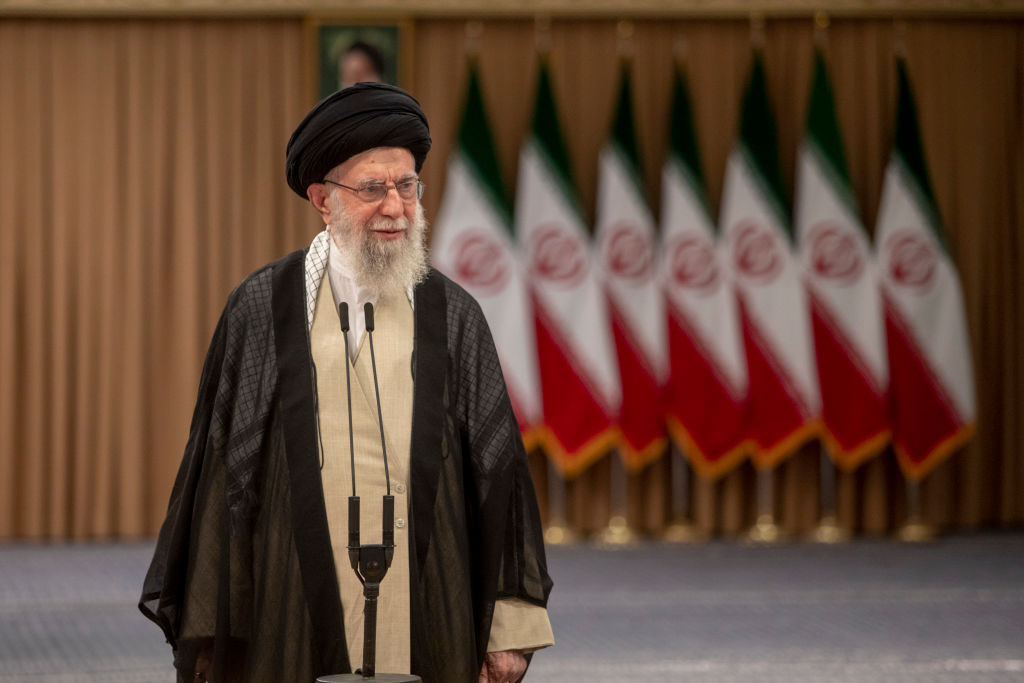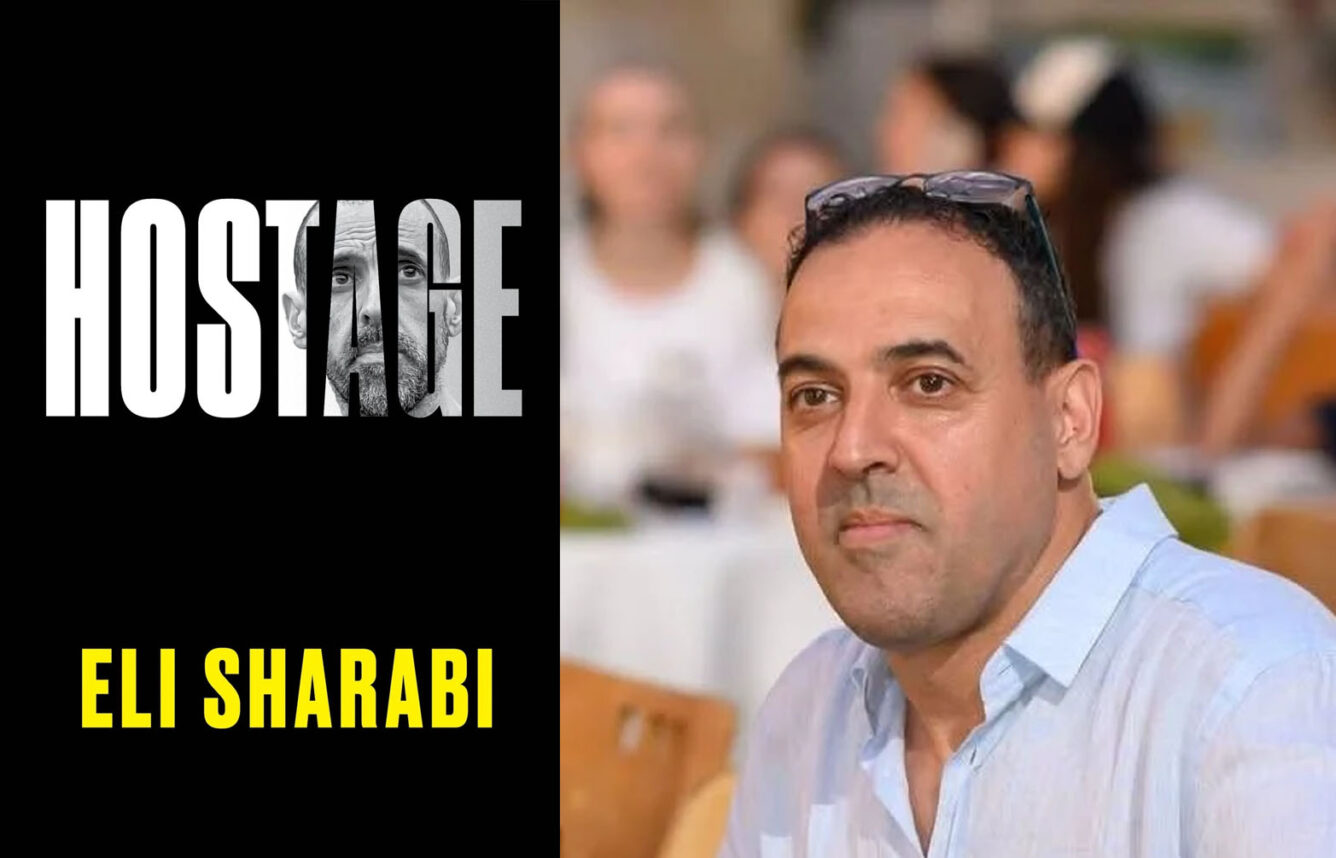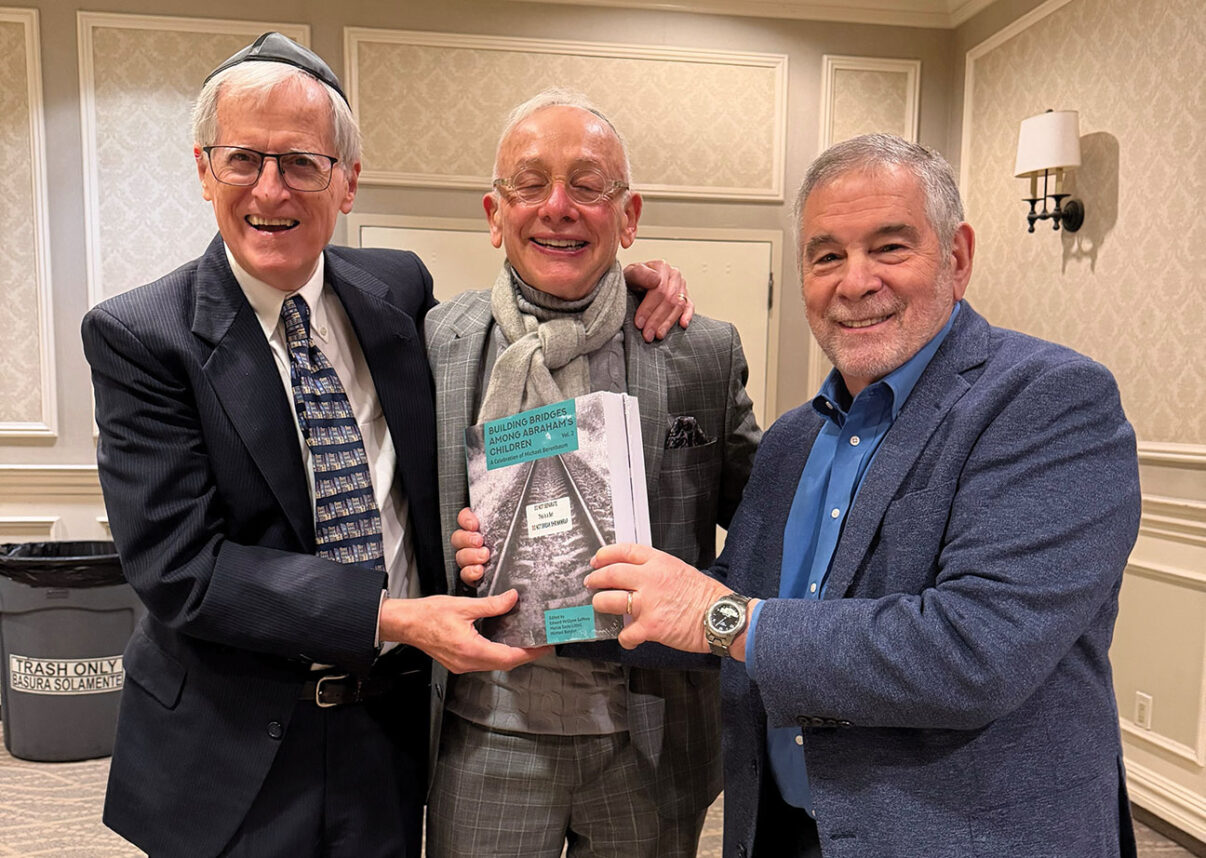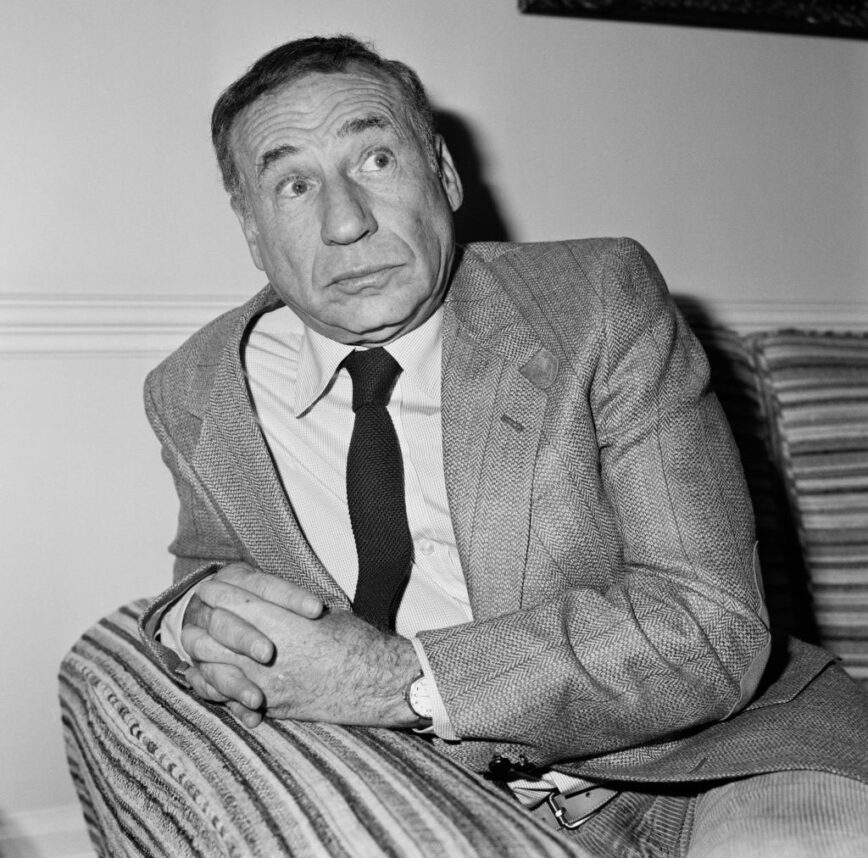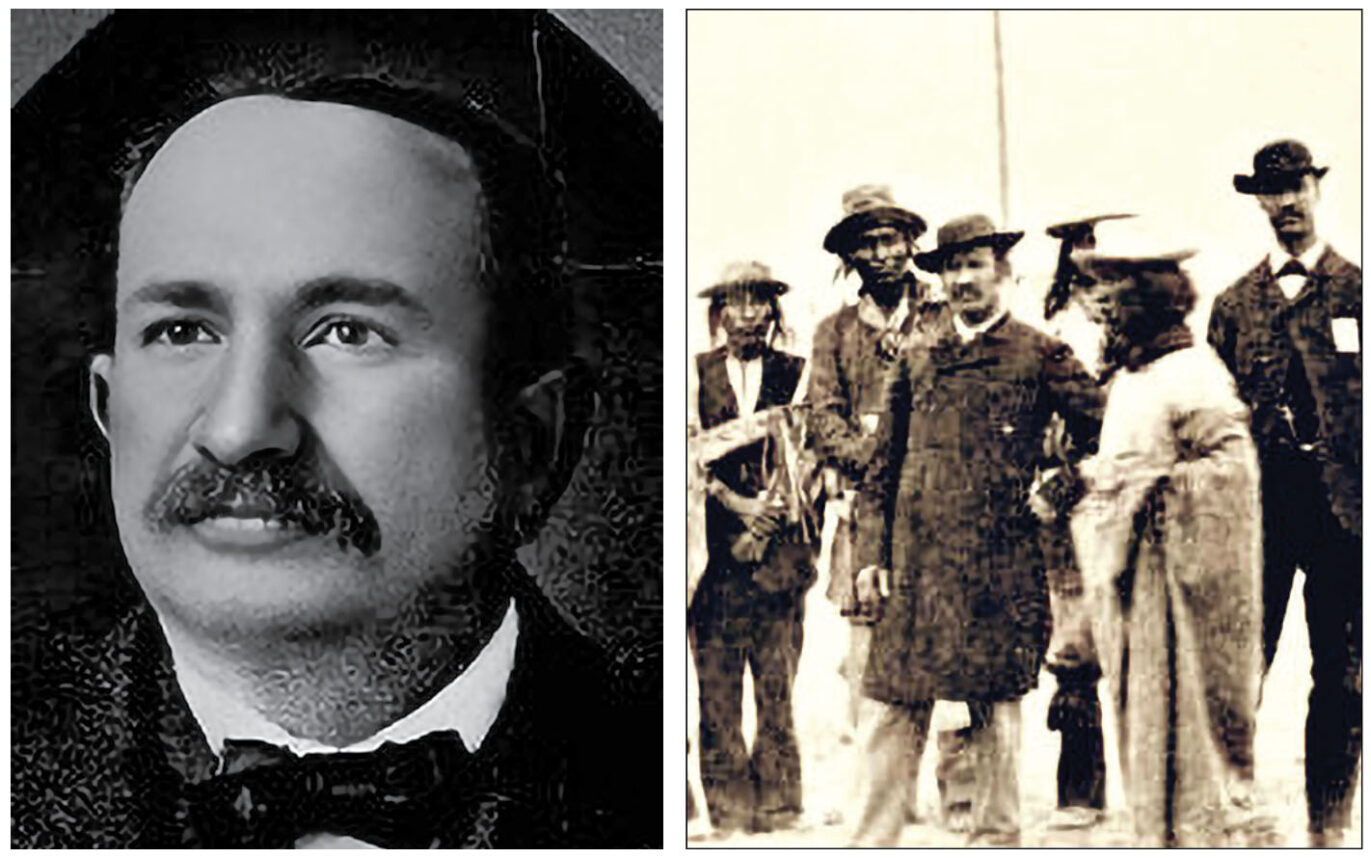
Just in Time for Purim, author Ilan Sendowski is publishing “Court Intrigue: The Man Who Refused to Kneel.” Sendowski’s book offers a fresh perspective on the timeless story of Megillat Esther. This updated English edition of his earlier Hebrew book present readers with a captivating and thought-provoking retelling of the biblical tale.
While the book is a work of fiction, Sendowski ensures that it remains faithful to the historical and textual integrity of the Megillah. At the same time, he brings the events to life in a way that allows readers to appreciate the depth of its political and legal maneuverings.
A lawyer, engineer and registered patent attorney, Sendowski has long been fascinated by the story of Esther. His in-depth research led him to uncover hidden layers of meaning within the Megillah, revealing profound messages about leadership, identity and survival. He challenges the common perception of King Ahasuerus as a foolish and indulgent ruler, arguing instead that he was a shrewd and strategic leader. Similarly, he reevaluates Esther’s rise to power, suggesting that her selection as queen was not a random event but a carefully orchestrated process influenced by the religious and cultural beliefs of the time.
“I was inspired by a series of lectures on the Bible and decided to apply my scientific and legal expertise to offer a fresh perspective on Megillat Esther,” Sendowski said.
Sendowski has written approximately 150 biblical insights for the Hidushim website and contributed around 2,400 pages to the WikiText commentary platform. He has also written an academic paper on the Book of Esther. However, he felt that a purely scholarly approach wasn’t enough — he wanted younger audiences to engage with the story.
“I want children to learn and internalize this: You may not believe it now, but there are solutions. Work hard, make an effort and suddenly, you’ll find one,” he said. “I first tested it on my three grandchildren, telling them the story and seeing their reaction.”
This led him to write “Court Intrigue.” At its core, the book portrays Mordecai and Esther as master strategists — laying traps, securing positions of power and executing calculated moves reminiscent of a chess game.
“My book explores key questions,” Sendowski said. “How did Mordecai orchestrate events to ensure Esther’s selection as queen after years of beauty contests? Why did he defy the highest-ranking minister, knowingly putting the entire nation at risk?”
This is one of Sendowski’s key insights. While many assume Mordecai defiance was an act of blind faith or stubbornness, he presents an alternative explanation.
The Megillah states, “So ordered the king to him.” The word “so,” — “ken” in Hebrew — is typically reserved for divine or royal decrees. Haman sought a royal honor of kneeling, but the singular phrasing suggests the command was heard only by him and he published it in the king’s name without an official decree.
“As a legal expert, Mordecai would have recognized this as unreliable hearsay, possibly an invalid order,” Sendowski said. “While one must obey even an illegitimate decree from a king, Mordecai chose to expose Haman’s usurpation of power by refusing to kneel. When Haman neither punished him nor reported him to the king, Mordecai realized the honor had not truly been granted by the king.”
Born and raised in Israel, Sendowski graduated from the Technion in Haifa with a degree in electronics. He immigrated to the U.S. in 1976 and studied at UCLA where he earned his master’s degree and worked in the U.S. defense industry. Later he studied law at the University of LaVerne, graduating in 1998.
Sendowski’s research also highlights a broader theme in the Megillah: the responsibility of the Jewish people to secure their own survival. Unlike other biblical narratives where divine intervention plays a central role, the Book of Esther is unique in that God’s name is never mentioned. According to Sendowski, this omission is intentional.
Unlike other biblical narratives where divine intervention plays a central role, the Book of Esther is unique in that God’s name is never mentioned. According to Sendowski, this omission is intentional.
“The message of the Megillah is that we must save ourselves — that’s the whole point,” he said. “Unlike the Exodus story, where miracles lead the Israelites to freedom, the Purim story emphasizes that we have to save ourselves. The Jews of Persia were saved not by divine intervention but through their own strategic actions.”
The book also explores parallels between the Purim story and Jewish history. Sendowski notes that Mordecai’s actions mirrored those of God and Moses who led the Israelites to freedom.
He also draws a sobering connection to the Holocaust, suggesting that had a Mordecai-like figure emerged in pre-war Europe to sound the alarm and mobilize the Jewish community, history might have unfolded differently.
“Court Intrigue — The Man Who Refused to Kneel” is available on Amazon.








